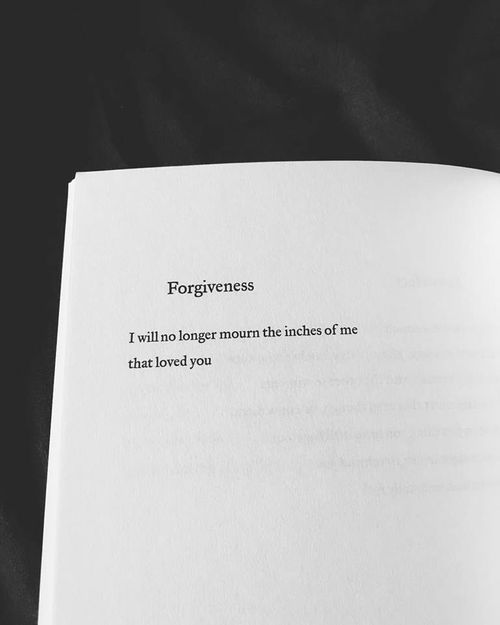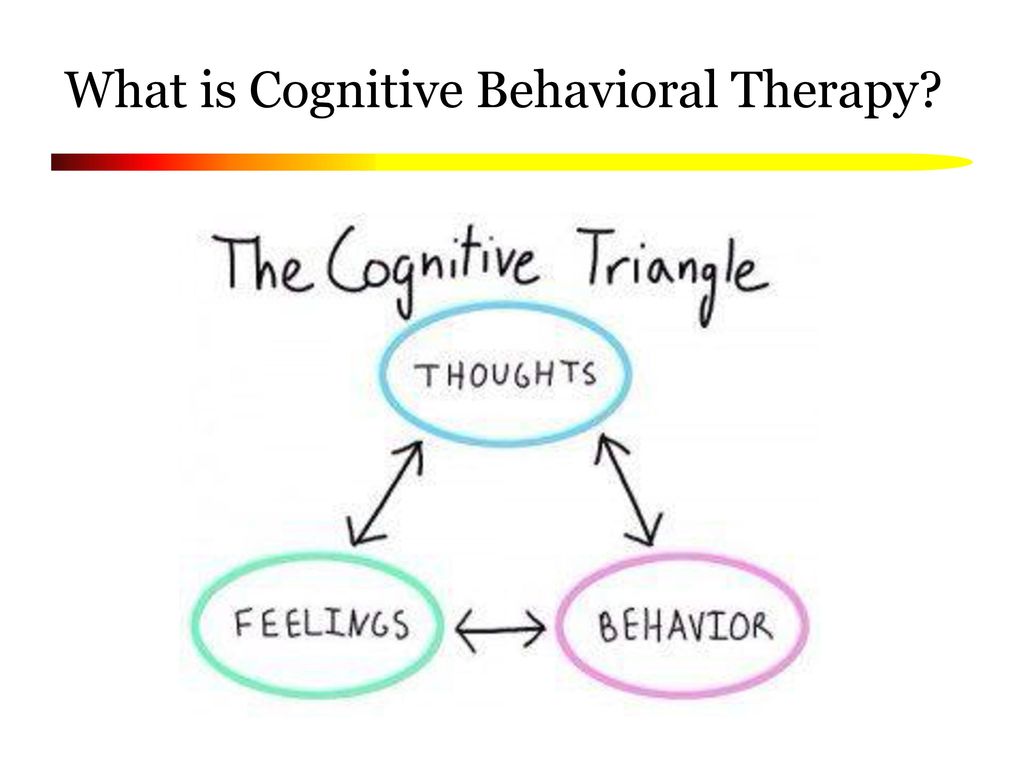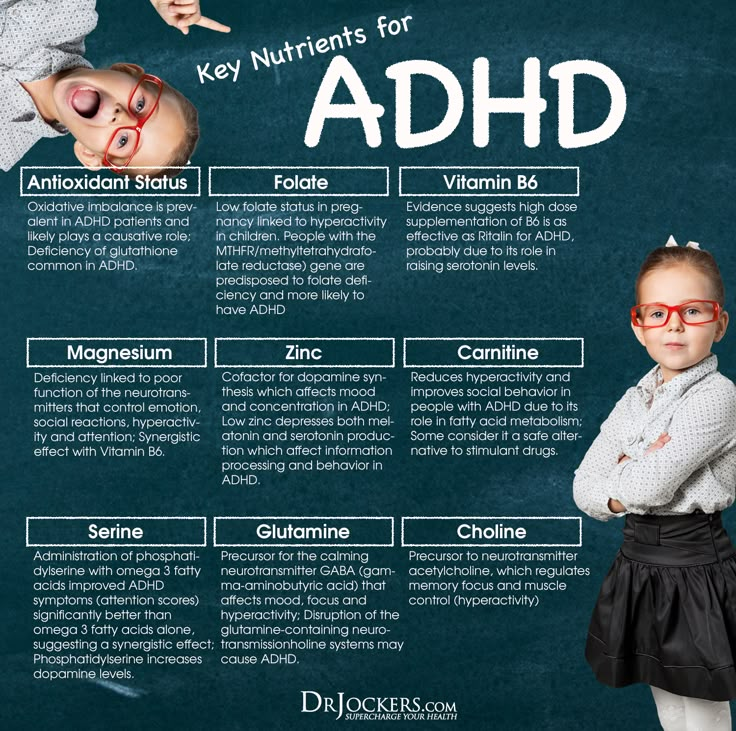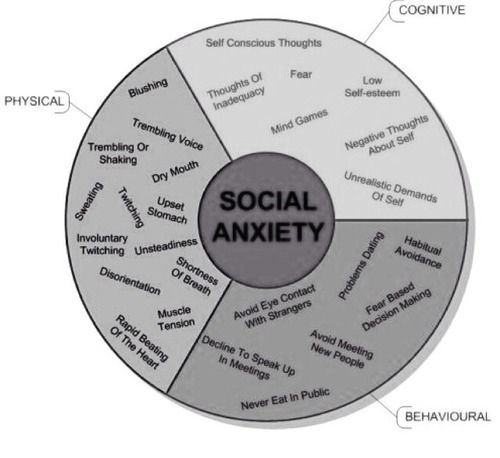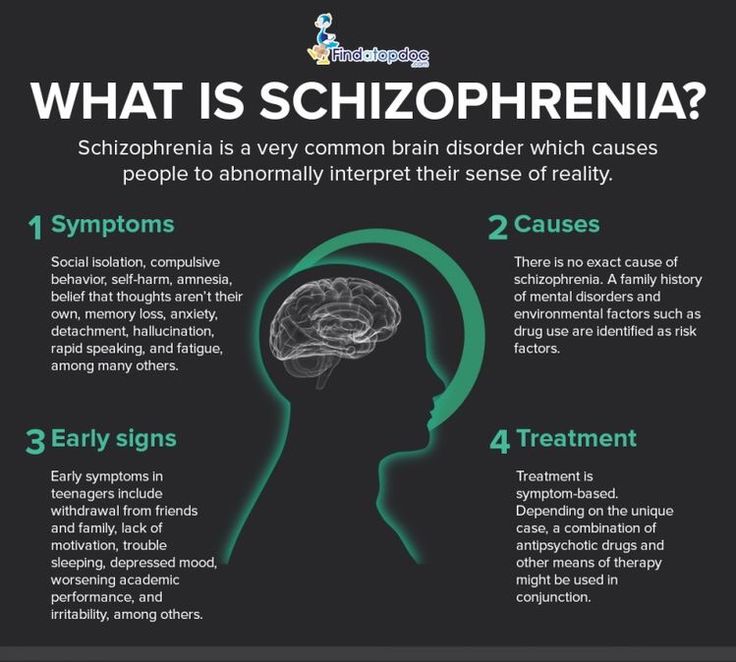How long to mourn
Grief And Bereavement | How Long Is The Grieving Process?
What are grief, mourning, and bereavement?
Grief
Grief is normal, and it is a process. Expressing grief is how a person reacts to the loss of a loved one.
Many people think of grief as a single instance or as a short time of pain or sadness in response to a loss – like the tears shed at a loved one’s funeral. But grieving includes the entire emotional process of coping with a loss, and it can last a long time. The process involves many different emotions, actions, and expressions, all of which help a person come to terms with the loss of a loved one.
We may hear the time of grief being described as "normal grieving," but this simply refers to a process anyone may go through, and none of us experiences grief the same way. This is because grief doesn’t look or feel the same for everyone. And every loss is different.
Mourning
Mourning often goes along with grief. While grief is a personal experience and process, mourning is how grief and loss are shown in public. Mourning may involve religious beliefs or rituals, and may be affected by our ethnic background and cultural customs. The rituals of mourning − seeing friends and family and preparing for the funeral and burial or final physical separation − often give some structure to the grieving process. Sometimes a sense of numbness lasts through these activities, leaving the person feeling as though they are just “going through the motions” of these rituals.
Bereavement
Grief and mourning happen during a period of time called bereavement. Bereavement refers to the time when a person experiences sadness after losing a loved one.
How long does the grieving process last?
Since each person grieves differently, the length and intensity of the emotions people go through varies from person to person. Grieving is painful, and it’s important that those who have suffered a loss be allowed the time they need to express their grief.
Although grief is described in phases or stages, it may feel more like a roller coaster, with ups and downs. This can make it hard for the bereaved person to feel any sense of progress in dealing with the loss. A person may feel better for a while, only to become sad again. Sometimes, people wonder how long the grieving process will last, and when they can expect some relief. There’s no answer to this question, but some of the factors that affect the intensity and length of grieving are:
- Your relationship with the person who died
- The circumstances of their death
- Your own life experiences
It’s common for the grief process to take a year or longer. A grieving person must resolve the emotional and life changes that come with the death of a loved one. The pain may become less intense, but it’s normal to feel emotionally involved with the deceased for many years. In time, the person should be able to use their emotional energy in other ways and to strengthen other relationships.
Grief can take unexpected forms
Difficult relationships with the deceased prior to death can cause unique grieving experiences for loved ones. In addition, prolonged illnesses can also cause grief to take unexpected forms.
Difficult relationships
A person who had a difficult relationship with the deceased (a parent who was abusive, estranged, or abandoned the family, for example) is often surprised by the painful emotions they have after their death. It’s not uncommon to have profound distress as the bereaved mourns the relationship they had wished for with the person who died, and lets go of any chance of achieving it.
Others might feel relief, while some may wonder why they feel nothing at all at the death of such a person. Regret and guilt are common, too. This is all a normal part of the process of adjusting and letting go.
Grief after long illness
The grief experience may be different when the loss occurs after a long illness rather than suddenly. When someone is terminally ill, family, friends, and even the patient might start to grieve in response to the expectation of death. This is a normal response called anticipatory grief. It can help people complete unfinished business and prepare loved ones for the actual loss, but it might not lessen the pain they feel when the person dies.
When someone is terminally ill, family, friends, and even the patient might start to grieve in response to the expectation of death. This is a normal response called anticipatory grief. It can help people complete unfinished business and prepare loved ones for the actual loss, but it might not lessen the pain they feel when the person dies.
Many people think they are prepared for the loss because death is expected. But when their loved one actually dies, it can still be a shock and bring about unexpected feelings of sadness and loss. For most people, the actual death starts the normal grieving process.
Stages of grief
People may go through many different emotional states while grieving. And in advanced cancer, the grieving process and stages often start before the loss of a loved one because of anticipatory grief.
Researchers describe grief in stages, but it's important to know that each person moves through the stages differently and at a different pace. Some may go through the stages just as they are described below, and other people may move back and forth between stages. Some people may get stuck in one stage and have trouble reaching the final stage of the grief process.
Some may go through the stages just as they are described below, and other people may move back and forth between stages. Some people may get stuck in one stage and have trouble reaching the final stage of the grief process.
Experts describe 5 stages that are usually experienced by adults during the grief process.
- Denial and isolation - This first stage may start before the loss occurs if the death of the loved one is expected. Or it may begin immediately at the time or shortly after the loss. It can last anywhere from a few hours to days or weeks. The feelings experienced in the first stage of grief may be fear, shock, or numbness. The person may be have pangs of distress, often triggered by reminders of the deceased. During this time, the bereaved person may feel emotionally “shut off” from the world. The grieving person may avoid others or avoid talking about the loss.
- Anger - The next stage can last for days, weeks, or months.
 It is when the earliest feelings are replaced by frustration and anxiety. This stage can involve anger, loneliness, or uncertainty. It may be when the feelings of loss are most intense and painful. The person may feel agitated or weak, cry, engage in aimless or disorganized activities, or be preoccupied with thoughts or images of the person they lost.
It is when the earliest feelings are replaced by frustration and anxiety. This stage can involve anger, loneliness, or uncertainty. It may be when the feelings of loss are most intense and painful. The person may feel agitated or weak, cry, engage in aimless or disorganized activities, or be preoccupied with thoughts or images of the person they lost. - Bargaining - This stage is likely to be shorter than others. It happens when a grieving person is struggling to find meaning for the loss of their loved one. They may reach out to others and tell their story. In doing so, they may begin to think more clearly about the changes brought about by the loss of their loved one.
- Depression - As life changes are realized, depression may set in. This stage is used to describe a grieving person who feels overwhelmed and helpless. They may withdraw, become hostile, or express extreme sadness. During this time, grief tends to come in waves of distress.

- Acceptance - This last phase of grief happens when people find ways to come to terms with and accept the loss. Usually, the person comes to accept the loss slowly over a few months to a year. This acceptance includes adjusting to daily life without the deceased.
Children grieve, too, but the process may look different from adults. To learn more about this, see Helping Children When a Family Member Has Cancer.
Some or all of the following may be seen in a person who is grieving:
- Socially withdrawing
- Trouble thinking and concentrating
- Becomes restless and anxious at times
- Loss of appetite
- Looks sad
- Feels depressed
- Dreams of the deceased (or even have hallucinations or “visions” in which they briefly hear or see the deceased)
- Loses weight
- Trouble sleeping
- Feels tired or weak
- Becomes preoccupied with death or events surrounding death
- Searches for reasons for the loss (sometimes with results that make no sense to others)
- Dwells on mistakes, real or imagined, that they made with the deceased
- Feels guilty for the loss
- Feels all alone and distant from others
- Expresses anger or envy at seeing others with their loved ones
Reaching the acceptance stage and adjusting to the loss does not mean that all the pain is over. Grieving for someone who was close to you includes losing the future you expected with that person. This must also be mourned. The sense of loss can last for decades. For example, years after a parent dies, the bereaved may be reminded of the parent’s absence at an event they would have been expected to attend. This can bring back strong emotions, and require mourning yet another part of the loss.
Grieving for someone who was close to you includes losing the future you expected with that person. This must also be mourned. The sense of loss can last for decades. For example, years after a parent dies, the bereaved may be reminded of the parent’s absence at an event they would have been expected to attend. This can bring back strong emotions, and require mourning yet another part of the loss.
How long does grief last? | Bereavement Support
There is no timeline for how long grief lasts, or how you should feel after a particular time. After 12 months it may still feel as if everything happened yesterday, or it may feel like it all happened a lifetime ago. These are some of the feelings you might have when you are coping with grief longer-term.
Jump to:
Learning to live with grief
- When will I feel better after a loss?
- The early stages of grief
- The first year
- Two years on
- How long does grief last after the death of a partner?
- Growing around grief - Tonkin's model of grief
Coping with grief longer-term
- I thought I was doing fine, but now I feel worse
- Little things take me by surprise and suddenly I feel overwhelmed by grief
- I want to talk about my partner, but others don’t
- People think I should move on, but I can’t
- Other people seem to be coping better than me
- I can’t face socialising or meeting up with friends
- I feel overwhelmed by grief and just want it to stop
- I can’t talk to people about how I’m feeling
- People don’t think I should be grieving at all
Learning to live with grief
Learning to live with the loss of someone you love can take a long time, and just as everyone’s grief is different, so each person feels differently as time passes after a bereavement.
This short video about how long grief lasts was produced for our Grief Kind campaign to help people support those they care about who are grieving. However, the information in it is also relevant if you yourself are grieving and have questions around how long it will last. It might also provide some ideas for ways you could ask people to help support you.
When will I feel better after a loss?You and the people around you may have expectations about how quickly you should move on. But grief changes over time, as you understand how different your life is without the person. We are all different and there is no timetable or grief timeline for how long it will take you.
The early stages of griefIn the early stages of grief you may be caught up in a whirlwind of things that you need to do and sort out, or you may feel shocked and numb. After several months, the initial support you had from friends and family may start to fade. At the same time as people start to provide less support, you may find you start to feel less numb. Only as these things happen can you can start to experience how different your life is without the person you loved and start to grieve for that loss.
At the same time as people start to provide less support, you may find you start to feel less numb. Only as these things happen can you can start to experience how different your life is without the person you loved and start to grieve for that loss.
It generally takes about a year to realise how much has changed in your life, both emotionally and practically. Some things only come up once a year, like celebrating a birthday or Christmas, or doing something the person who has died used to do, like renewing the car insurance. Each time one of these things happens, you are reminded of your loss, and your feelings of grief may come to the surface.
It may feel as if you are on an emotional roller coaster, where one minute you are coping and the next you feel overwhelmed by grief. You are likely to find you have some good days and some bad days.
As time passes, the balance between good days and bad days shifts and gradually you will find you have more good days and fewer bad days. But these changes are gradual, and each person is different, so the balance for you may not be the same as someone else after the same length of time.
But these changes are gradual, and each person is different, so the balance for you may not be the same as someone else after the same length of time.
Some of the physical symptoms of grief, such as having trouble sleeping and losing your appetite, also lessen over time. Taking care of yourself by eating well, getting some exercise and sleeping will help you to feel better in yourself and to cope.
Two years onAlthough the intensity of your feelings may lessen over time, there is no timetable for how long you will grieve. The length of time is different for each person. For most people their mourning period is a long process and it can take years. After about two years you are likely to know the places, events and occasions that trigger your emotions. As you start to know these, you will also learn what helps you to cope with them.
After a while people around you – family, friends and colleagues at work – may forget what you have been through, or may encourage you to move on. You yourself may even feel that you ought to have moved on. But the goal is not to move on. Your grief is not something that can or should be ‘fixed’. The goal is to find a way to live with and cope with your feelings.
You yourself may even feel that you ought to have moved on. But the goal is not to move on. Your grief is not something that can or should be ‘fixed’. The goal is to find a way to live with and cope with your feelings.
You may eventually come to a point where your feelings of grief are a reminder of the person, and that in itself can be a source of comfort.
How long does grief last after the death of a partner?As with grief after any bereavement, there will be no set timeline for how long your grief will last after your partner’s death. You may find that you go through a range of different emotions, from anger and sadness, to regret and guilt. Or maybe you feel quite numb after the shock of your partner’s death.
However you feel, remember that there is no right or wrong way to grieve for your partner. Everyone deals with a bereavement in their own way and this is the same when a partner dies. Take the time to grieve in your own way and don’t be too hard on yourself.
Grief is forever. Over time it will vary in intensity, what it looks and feels like, and how it is part of your life.
Growing around grief - Tonkin’s model of griefA lot of people find that, over time, they are able to live with their grief and make space in their life for other things. Places you go, foods you eat or maybe music you hear will bring back memories and sometimes make you feel sad again, but many find their life still can still slowly flower around their grief.
Tonkin’s model of grief, created by grief counsellor Lois Tonkin, is a model for growing around grief through your life, instead of simply ‘getting over it’. First published in her 1996 article ‘Growing around grief—another way of looking at grief and recovery’, Tonkin was initially inspired by a sketch drawn by a mother whose child had died. She tried to show how she expected her grief to progress after losing her child and how this actually happened over time. Instead of her grief diminishing, it remained the same, but instead her life slowly became bigger around it, developing, growing.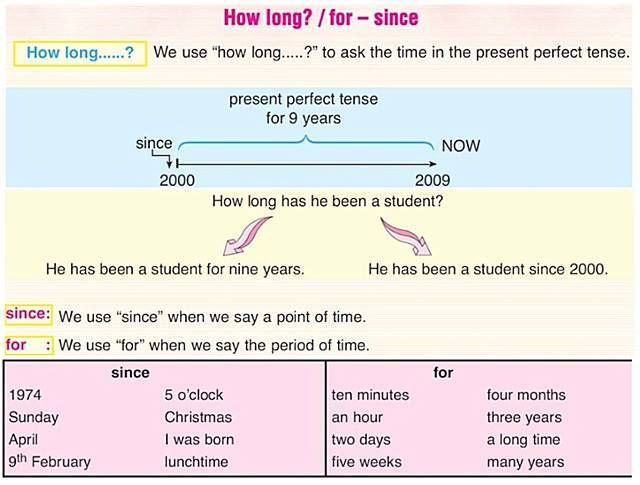 She still lived with her grief, but her life around it continued to grow.
She still lived with her grief, but her life around it continued to grow.
Moving on doesn’t mean that you are forgetting the person who has died. It just means you’ve accepted your bereavement, but that’s not the same as forgetting. You can move on with your life and keep the memory of someone as an important part of you. In fact, as you move through life, these memories can become more and more significant in defining who you are.
This is what Tonkin means by ‘growing around grief’. Imagine your life as a circle, containing everything you’re experiencing. Now, shade in the circle to represent your grief. This represents you and your grief. For some, the majority of the circle may be shaded to show how all-consuming their grief is.
What then happens in the following days, months and years is important. Rather than feeling like the shaded area is getting smaller, the outer circle - representing you and everything in your life - grows bigger.
The result looks somewhat like a fried egg, with the yolk representing your grief and the white growing around it as your life continues to grow around it.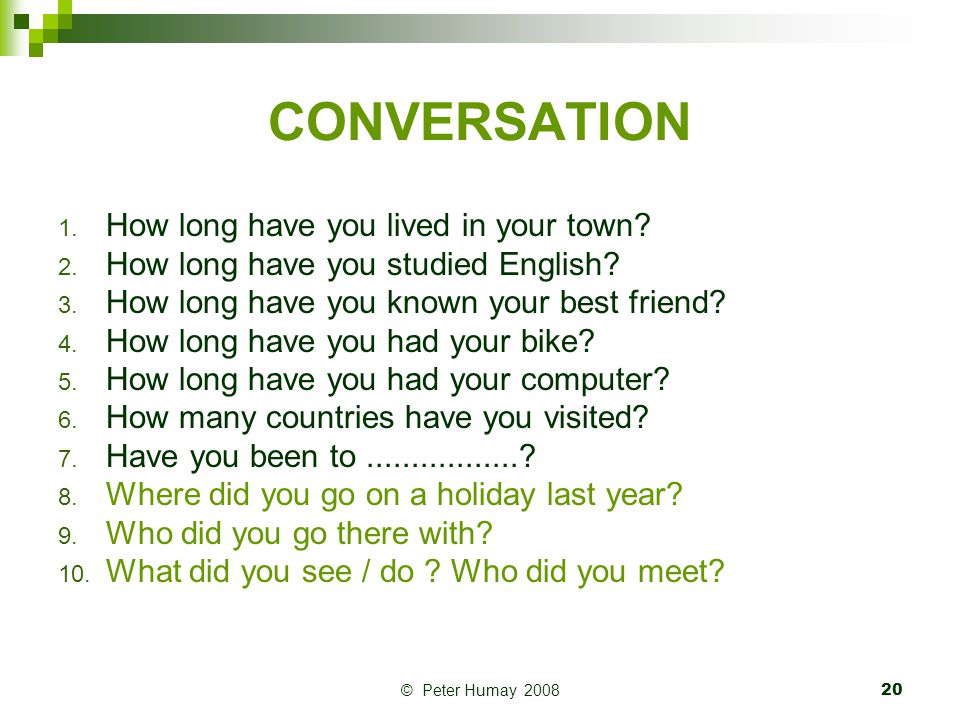 Some people describe this as adjusting to life and living around your grief, not losing your grief.
Some people describe this as adjusting to life and living around your grief, not losing your grief.
You’ll have new experiences, meet new people and begin to find new moments of enjoyment. Slowly, these moments may become more frequent, and your outer circle might grow a little bigger.
This doesn’t mean your grief will disappear. During difficult times, you might even find that it grows. But - even if you don’t see how it could, or perhaps don’t want it to - grief will no longer dominate your circle as you, and your life, grow around it.
What’s your grief have a really helpful page on Tonkin’s model of grief and the different ways people have represented it visually
Coping with grief longer-termWe have described below some of the feelings people have told us they experience over time. You may feel some or all of these and many other feelings too.
I thought I was doing fine, but now I feel worseThere are lots of reasons why you might find that over time you feel your grief more rather than less. In the early stages, you may be caught up in a whirlwind of things that you need to do and sort out.
In the early stages, you may be caught up in a whirlwind of things that you need to do and sort out.
Friends, relatives and even work colleagues, are likely to be very conscious of what has happened and make time and effort to support you. But gradually things settle down and support from friends and relatives wanes. Only then do you have the time and space to understand how different your life is without the person you loved and to grieve for that loss.
You may find that you aren’t able to grieve at first because you have caring responsibilities. For example, if you have young children or perhaps an elderly relative that you need to look after, your initial focus may be on supporting them.
Your own feelings of grief might be delayed after a bereavement. It may only be later that it feels real that the person has died, as you are able to make space for your own sense of grief. You may feel very angry at first. Feeling angry is very common, for example if your friend or relative was diagnosed late, but might have lived if they were diagnosed earlier, or if there were issues with their treatment.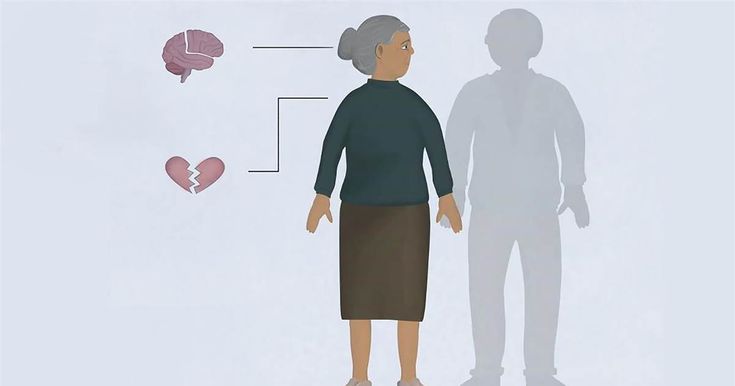
At first you may focus on the aspects of the person’s treatment or care that you were unhappy with. Your sense of anger may replace your grief. Those feelings of anger can stay for a long time. You may find that you don’t want support or counselling at first but, as your feelings change over time, you may decide you do.
It is ok to ask for support when you need it, even if it is quite a long time after your friend or relative has died.
Little things take me by surprise and suddenly I feel overwhelmed by griefOver time, you will find a way to live with some of the more day-to-day reminders of the person you love. It is some of the unpredictable things, like a song on the radio, or finding one of their belongings in a drawer, that can trigger unexpected feelings. It can be particularly hard when this happens in public, for example, if you see someone’s favourite cake in the supermarket.
Although it is completely normal to be upset, you might feel uncomfortable with being emotional in public. Unfortunately, it may make it harder that other people often don’t know how to respond when this happens.
Unfortunately, it may make it harder that other people often don’t know how to respond when this happens.
Although other people may not know how to handle it if this happens to you, and may pretend that they haven’t noticed, it is not wrong for you to feel or act like this. In fact, it is completely understandable. Although it is hard, you shouldn’t feel embarrassed.
I want to talk about my partner, but others don’tOne of the things you may find hardest to cope with is other people’s reactions. Because people don’t know what to say, they often avoid talking about the person who has died, or the feelings you might have. When you mention the person, they may seem awkward or ignore the comment. This can be extremely painful, as it can feel like they are behaving as if the person didn’t exist. It can also feel very isolating, as you may feel embarrassed to mention the person, or ‘out of sync’ with the people around you.
However, your friend or relative was and will always be important in your life. You shouldn’t feel bad that you might mention them in conversation or want to talk about them. Sometimes other people will take their lead from you. If you talk about your friend or relative, or explain that it is important to you that everyone still talks about them, it can help other people know how to respond. Support groups, such as our Online Bereavement Community, can really help as you can share your feelings – such as saying you still miss them – with people who empathise and don’t judge.
You shouldn’t feel bad that you might mention them in conversation or want to talk about them. Sometimes other people will take their lead from you. If you talk about your friend or relative, or explain that it is important to you that everyone still talks about them, it can help other people know how to respond. Support groups, such as our Online Bereavement Community, can really help as you can share your feelings – such as saying you still miss them – with people who empathise and don’t judge.
It is common for other people, perhaps because they find it hard to cope with your grief, to encourage you to move on. People may even say that the person you loved would not have wanted you to still be grieving.
All these comments and some of the expectations and unintentional pressure applied by other people can make you feel as if you should have moved on in some way. But there is no timetable or timeline for grief.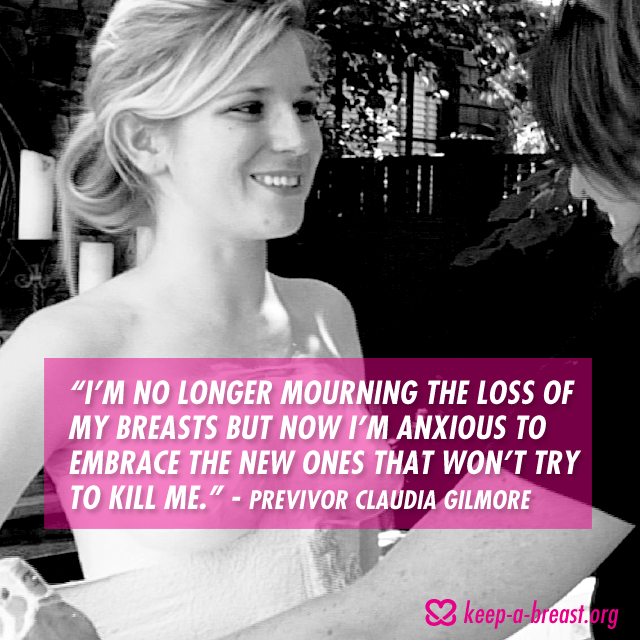 It is completely normal to feel profoundly sad for more than a year, and sometimes many years, after a person you love has died.
It is completely normal to feel profoundly sad for more than a year, and sometimes many years, after a person you love has died.
Don’t put pressure on yourself to feel better or move on because other people think you should. Be compassionate with yourself and take the space and time you need to grieve. You can’t get over the death of someone you love and who has been important in your life in a year or to a set timeline. Your life has changed and can never be the same as it was when the person was alive.
How you feel depends on a range of things, including your relationship with them and your stage of life. It is completely normal to live with a deep sense of sadness. People sometimes make assumptions about what you should be doing or have done – like sorting out your friend or relative’s belongings. They see these activities as markers of how ‘well’ you’re doing.
But there is no right or wrong time for doing things. You should only do things at the time that feels right for you. You might choose to sort out your friend or relative’s belongings out a little at a time. You might do it after three months, six months, a year, three years or more. You may never do it, because having your friend or relative’s belongings around you is a comfort to you.
You might choose to sort out your friend or relative’s belongings out a little at a time. You might do it after three months, six months, a year, three years or more. You may never do it, because having your friend or relative’s belongings around you is a comfort to you.
Everyone is different and all of these are normal.
Other people seem to be coping better than meComparing how you are feeling and coping with how you think other people are doing is a very common thing to do. You might compare yourself to another family member, or perhaps a neighbour whose husband has died. You might think that other people are coping or somehow doing better than you.
But it’s important to remember that even though you may be mourning the same person, your relationship with them was different.
The practical aspects – like being their main carer or always phoning them on a Sunday – are different, and what you have lost is different. These differences mean you cannot compare your feelings to someone else’s. You should also bear in mind that it is impossible to know how people are feeling or coping when they aren’t with you. They may seem fine in public, but feel distressed in private. In other words, you need to be gentle with yourself.
These differences mean you cannot compare your feelings to someone else’s. You should also bear in mind that it is impossible to know how people are feeling or coping when they aren’t with you. They may seem fine in public, but feel distressed in private. In other words, you need to be gentle with yourself.
Don’t put expectations on yourself that you should be doing things in the same way or at the same time as other people seem to be.
Read the journal article 'Trajectories of grieving' on ResearchGate, which looks at how we all react and cope differently after the death of someone close.
You may well find social activities such as meeting up with friends difficult. Sometimes, if it is your partner who has died, you may find it hard to go out with other couples, even though they may have been close friends. You may feel jealous that your friends are still a couple. Or it may be a painful reminder that your own partner is no longer there.
If it was a child – even a grown-up child, or grandchild – who has died, you may find it hard to hear others talking about their own children or grandchildren. You may worry that others won’t want to be around you when you’re miserable.
You may worry that others won’t want to be around you when you’re miserable.
Or it may be that you just can’t face going out. These feelings are all normal and most people experience them at some point. Eventually, if you never go out when people ask you, people may stop asking. In the short-term that may feel ok, but over time socialising with friends and not becoming too isolated can help you to cope. Rather than say ‘no’ every time, perhaps you can try to go out every other time someone asks you.
You can always let people know that you would like to see them, but may want to leave early. You may find it hard to be with a large group or to be around a lot of people, but feel you can cope better if it is only a couple of friends. You could let your friends know how you are feeling, and perhaps arrange to see only one or two people at a time. It may be hard to socialise because you don’t have many friends or family around you.
For example, if your family live far away, or if you have been very focused on doing things as a couple, rather than with friends or a social group.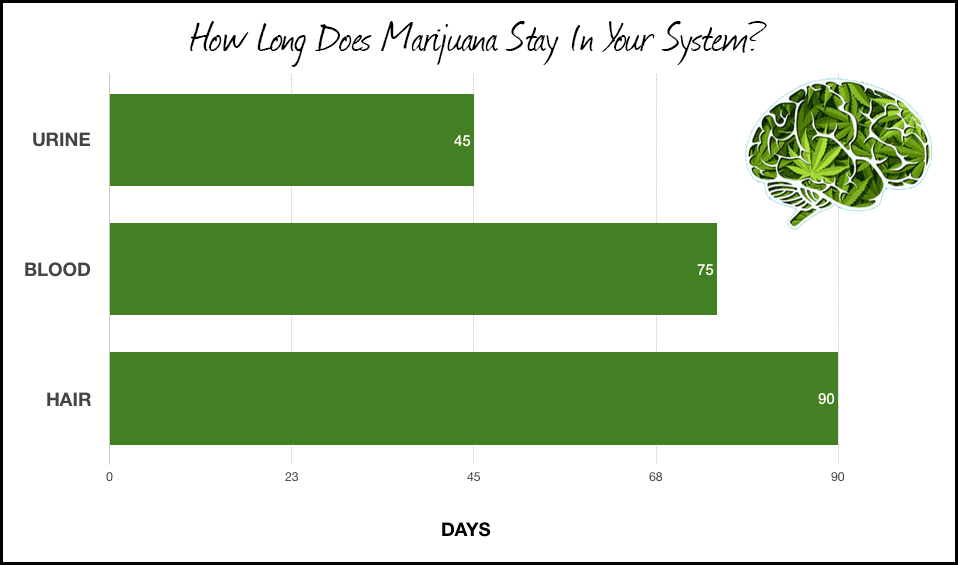 When you already feel like you are struggling, building new friendships may feel like hard work. A group for people who are bereaved can be a good starting point for being able to share some of your feelings and ensuring that you do not become too isolated. A local group that shares some of your interests – whether that be handicrafts, walking or something completely different – can also be a good starting point.
When you already feel like you are struggling, building new friendships may feel like hard work. A group for people who are bereaved can be a good starting point for being able to share some of your feelings and ensuring that you do not become too isolated. A local group that shares some of your interests – whether that be handicrafts, walking or something completely different – can also be a good starting point.
Sometimes your feelings of grief might be so painful that you feel overwhelmed. You may find it hard to see meaning or purpose in your life, and want to find a way to make it stop. It is not unusual to feel that you can’t cope with the intensity of your grief, but most people can and do.
These very intense emotions are a normal response to the death of someone that you love and they can last a long time. If you feel you are not coping, or if you know the way you are coping is not good for you – for example if you are drinking alcohol heavily – you might want to get some help to cope.
If you feel you are not coping, or if you know the way you are coping is not good for you – for example if you are drinking alcohol heavily – you might want to get some help to cope.
That help might be talking with your GP or some form of prescription medicine, like antidepressants. Your GP is a good starting point, as they can refer you to support. If necessary they can prescribe medication that can take the edge off the intensity of your feelings, and that might help you if you are struggling to sleep.
I can’t talk to people about how I’m feelingThere are lots of reasons why you might find it hard to talk about how you’re feeling. If you are not normally someone who talks about your emotions, you are not likely to start now.
But you may find that other people who are also grieving do want to talk about it, or want you to talk about it.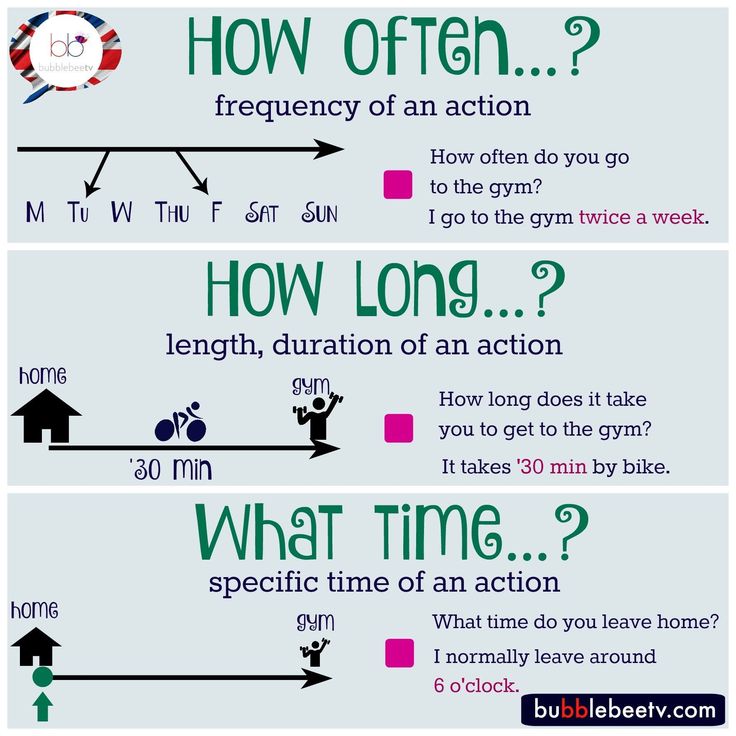 When this happens you need to try to find a way to be sensitive to each other’s needs, whilst coping with your feelings in your own way. When someone dies, relationships and communications within families can become strained. Sometimes families don’t talk to each other about their emotions.
When this happens you need to try to find a way to be sensitive to each other’s needs, whilst coping with your feelings in your own way. When someone dies, relationships and communications within families can become strained. Sometimes families don’t talk to each other about their emotions.
It may be that you would normally talk about things together, but you don’t want to because you know you’ll get upset or the person you’re talking to will get upset. It can help if you are able to find ways that you can talk. In other cases, it may be that you feel you can’t talk about your feelings because other people won’t understand, or because you feel they expect you to have moved on.
While no-one can understand exactly how you are feeling, you may find sharing your feelings and experiences with others at a support group or online can help.
People don’t think I should be grieving at allSometimes the nature of your relationship with the person who has died means that other people don’t expect you to grieve.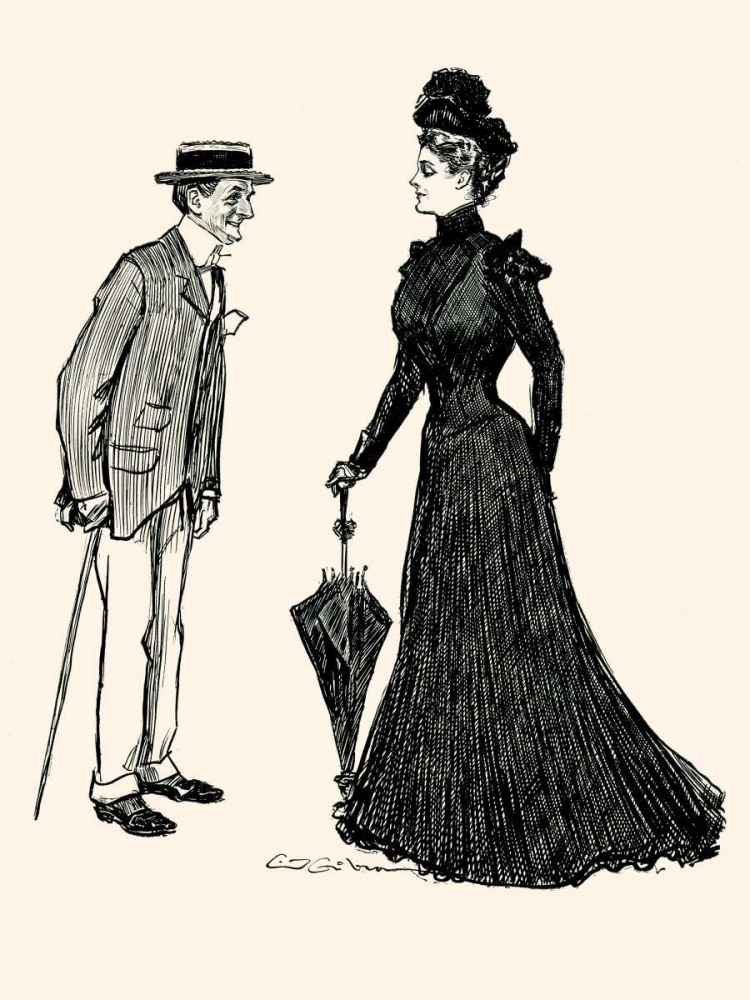 This often happens when your relationship was distant in some way. This might be because you hardly ever saw the person, had a difficult relationship with them or were estranged, such as if you were divorced from them.
This often happens when your relationship was distant in some way. This might be because you hardly ever saw the person, had a difficult relationship with them or were estranged, such as if you were divorced from them.
If this is the case, your sense of grief may take you by surprise, and other people may also struggle to understand what you are feeling. Sometimes, perhaps because people didn’t know you were in a relationship with the person, people may not realise you are grieving.
All these things may make you feel, and may make other people assume, that your grief is somehow not valid, or that your feelings should be less strong. When this happens you don’t have the emotional support around you that other people normally get.
It may mean that you do not feel able to share your feelings with those around you, or openly grieve. It can be helpful to find another outlet for your feelings, such as bereavement counselling, a support group or an online community.
Why can't you cry a lot for a dead person?
Production company “Wreath”
In the cart
Ritual goods
in St. Petersburg
Petersburg
Wreaths, baskets, ribbons, crosses, fences, textiles
. However, not everyone knows that, according to esoteric traditions, it is impossible to grieve for the deceased for a long time. Although few people are able to stop tears after a bereavement, it is important not to overdo it.
Esotericists do not recommend crying a lot during mourning. The ministers of various religious cults adhere to the same opinion. Various folk omens warn us about the same.
What does religion say?
Christianity and Islam are in solidarity that it is not worth shedding tears for a deceased relative for a long time. It is important that relatives do not exhaust themselves with excessive suffering. Both religions point out that if a person cannot stop crying and stop tears, he is going against the will of the Almighty. It is necessary to observe mourning only for the prescribed time. A person crying for a long time because of the death of a loved one commits a great sin.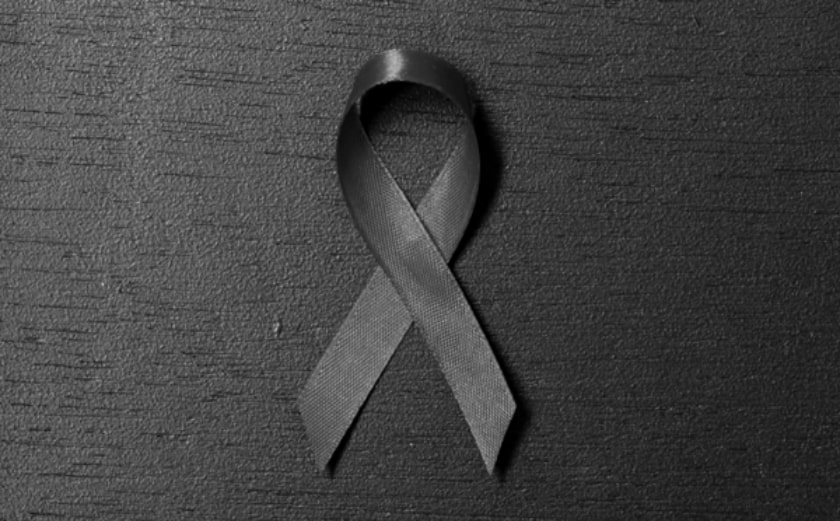 You need to come to terms with the fact that your relative has died, and get out of the state of mourning.
You need to come to terms with the fact that your relative has died, and get out of the state of mourning.
Religion states that after physical death the human soul does not disappear, but goes to another world. There she will meet her family and friends when their time comes. Therefore, there is no need to waste your energy and engage in self-destruction.
Spend more time in prayer. So you can help not only yourself, but also the deceased person. Prayer will allow you to ask the Almighty to forgive the deceased's sins. The deceased needs outside support. Not every person manages to repent of their sins before death.
A person experiencing despondency cannot go to church and order a memorial service. Such a person actually pities only himself, behaving like an egoist. Knowledgeable people claim that up to forty days the human soul is on earth. Therefore, during this period, his loved one can help him undergo purification and enter Paradise. Pull yourself together and convince your family to pray fervently. So you can help not only the deceased, but also yourself.
So you can help not only the deceased, but also yourself.
No need to cry
When a loved one dies, their family members feel a sense of great loss, which can develop into depression. They shed a lot of tears, trying in this way to get rid of the pain that torments them.
However, one cannot grieve excessively. It is necessary to realize the fact that the deceased has passed away forever. No amount of tears can bring him back. Remember that death is just a transition to another world, and your separation from your loved one will not last forever. The body dies, but the soul lives forever.
Excessive suffering exhausts the human body. They exacerbate chronic diseases and develop new ailments. A crying person, like a magnet, attracts not only physical illnesses, but also mental ones. Some people in this way can bring themselves to suicide. It is extremely difficult to get out of this state. Dont cry. Accept the loss for granted. If you are unable to cope with the death of a loved one on your own, we recommend that you seek professional help from psychologists.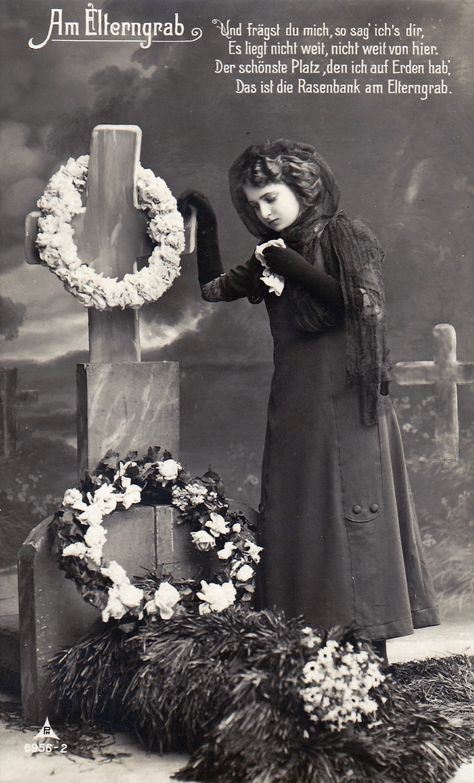 A visit to the church and a conversation with the clergyman will also not be superfluous.
A visit to the church and a conversation with the clergyman will also not be superfluous.
Please indicate the text for the mourning ribbon
Why can't weep and grieve for a long time. How we harm the soul of the deceased
http://geo-storm.ru/vechnye-voprosy/pochemu/mozhno-li-plakat-po-umershemu/
The severity of the loss of loved ones cannot be expressed in words. It is difficult to hold back tears at the memory of them, cope with emotions and get used to living when they are not around. But why do they say that you can not cry for the dead?
According to the canons of the Orthodox Church, it is forbidden to shed tears for the dead people for a long time. This fact is based on the philosophical attitude towards death among Christians. Human souls are immortal. And the bodies of the dead, according to the accepted burial rite, are buried in the ground. The soul of a close and dear person passes into a perfect life and receives a second birth. Priests do not recommend wasting energy and strength on tears for deceased relatives, but advise paying attention to prayers for the repose of their souls. Such actions help to pull myself together and stop shedding bitter tears because of such a tragedy.
Priests do not recommend wasting energy and strength on tears for deceased relatives, but advise paying attention to prayers for the repose of their souls. Such actions help to pull myself together and stop shedding bitter tears because of such a tragedy.
The following version of the answer is based on the opinion of medical professionals and psychologists. A prolonged depressive state, based on increased tearfulness of the relatives of a deceased person, leads to the development of pathological conditions of the nervous system. According to psychologists, constant grief for long months and frequent tears lead to the diagnosis of serious mental and physical illnesses, up to loss of mind and insanity. Such people should not be left unattended and, in case of a prolonged depressive state, seek the help of qualified specialists.
Another version of why it is believed that one should not cry for the dead is based on folk signs. According to such signs, a statement appeared that the increased tearfulness of relatives leads the dead to cold and excess moisture. After all, all the tears fall on them in another world, and it will be more difficult for their souls to find peace. There are also prophetic dreams in which deceased relatives are asked to stop mourning them. Frequent prayers, funeral services for the souls of loved ones ordered in churches are considered the best expression of sincere love for them.
According to such signs, a statement appeared that the increased tearfulness of relatives leads the dead to cold and excess moisture. After all, all the tears fall on them in another world, and it will be more difficult for their souls to find peace. There are also prophetic dreams in which deceased relatives are asked to stop mourning them. Frequent prayers, funeral services for the souls of loved ones ordered in churches are considered the best expression of sincere love for them.
Of course, it is difficult to hold back emotions, tears after the death of relatives, to resist the surging grief. The emotional pain of loss can be compared to terrible physical pain. But this will not make it easier for the deceased, and a stressful situation, prolonged depression, a state of constant sadness and grief will lead to new troubles, a deterioration in the health of living relatives. Therefore, there is no need to cry for a dead person. It is better to constantly put candles for the repose of his soul, and order memorial services.
– Some people recover quickly after the death of a loved one and return to normal life, while others suffer for months or even years, reaching physical illnesses and mental disorders. Is such excessive suffering a normal reaction to this event?
- When a person loses a loved one, it is only natural that he suffers. Suffering for many reasons. This is grief for that person, beloved, close, dear, with whom he parted. It happens that self-pity suffocates someone who has lost support in a person who has passed away. This may be a feeling of guilt due to the fact that a person cannot give him what he would like to give or owe, because he did not consider it necessary to do good and love at one time.
Problems arise when we don't let a person go. From our point of view, death is unjust, and very often many people even throw a rebuke to God: “How unjust you are, why did you take him away from me?” But in fact, God calls a person to himself at the very moment when he is ready to pass into eternal life. It often happens that a person does not want to let go of a loved one, does not want to put up with the fact that he is no longer there, that he cannot be returned. But death must be accepted as a given, as a fact. It can't be returned, and that's it. And the person begins to return back to him, you understand? These are things out of the ordinary, but they do not happen so rarely. Quite unconsciously, a person begins to grieve, and he wants to replace him, as it were. We have such a strong desire for death. We need to reach for life, and we, oddly enough, are drawn to death. When we cling to a dead person, we want to be with him. But we still have to live here, we have tasks. We can only help him here, you understand?
It often happens that a person does not want to let go of a loved one, does not want to put up with the fact that he is no longer there, that he cannot be returned. But death must be accepted as a given, as a fact. It can't be returned, and that's it. And the person begins to return back to him, you understand? These are things out of the ordinary, but they do not happen so rarely. Quite unconsciously, a person begins to grieve, and he wants to replace him, as it were. We have such a strong desire for death. We need to reach for life, and we, oddly enough, are drawn to death. When we cling to a dead person, we want to be with him. But we still have to live here, we have tasks. We can only help him here, you understand?
It is more difficult for an unbelieving person to let go of the deceased, because he may not even realize that it is so difficult for him to part with this loved one due to the fact that he cannot even give him to God. And a believing person is accustomed to entrusting everything to the will of God, because meetings and partings accompany a person all his life.
There is a story in the Bible story that has a tremendous therapeutic effect on people who are faced with stress, with death. We are talking about several life fragments of a deeply religious man named Job. Every time he lost something very important, and there were many significant losses, he repeated: "God gave, God took." As a result, God, seeing strong faith in him, returns everything in full. This parable is about how, overcoming longing for the departed, we become persistent and strong. A person, in fact, from his very birth, learns to part. He learns to be together with others, identifying himself with society. But at the same time, every time there is a process of disidentification, that is, detachment, parting. The little man learns to part with his property even in the sandbox: "My spatula, my basket." They take him away - he cries, it is very difficult for him to part with his own. And in fact, there is nothing of ours in the world, you understand? After all, what does “mine” mean? Mine, it's only mine to some extent. At every moment of our lives, we must be ready to give up everything we consider ours. From the point of view of psychology, this is such a phenomenon of human mental life, the acquisition of skills for loss.
At every moment of our lives, we must be ready to give up everything we consider ours. From the point of view of psychology, this is such a phenomenon of human mental life, the acquisition of skills for loss.
There are people who withdraw into themselves and concentrate on this loss. They kind of inflate these feelings in themselves, and cannot stop the flow of suffering emotions. From childhood, we get used to parting with grief. Someone gets hung up on this: "This is mine, and that's it!" So great is the attractive power of this egoistic feeling. And a more mature person knows how to part without pain, without such tears.
– It turns out that a mature person perceives death more calmly?
- He calmly delivers the deceased into the hands of the One who has a greater right to him. Why? Because maturity is determined by the fortitude with which we perceive all the difficult circumstances of life. Whatever happens, we must perceive everything indifferently, indifferently.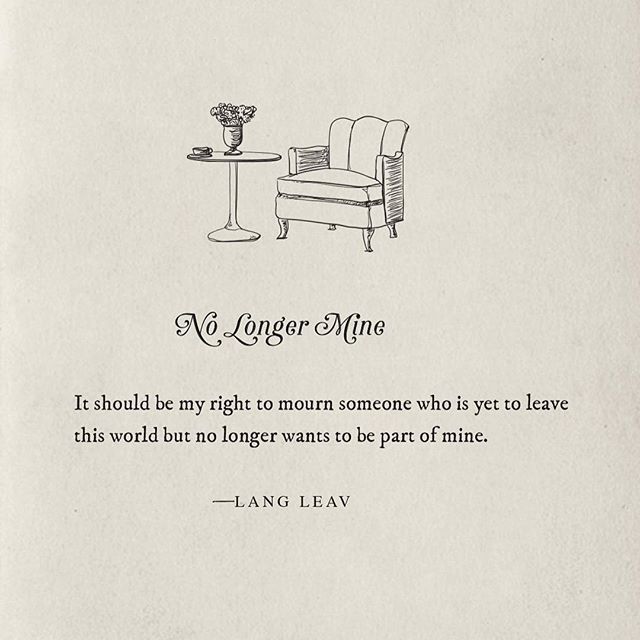 So St. Rev. Seraphim of Sarov spoke. It is necessary that the soul treats everything evenly, or, as it were, equally, both to sorrows and to joys. It is such an absolute calmness in everything, and in fact it is very difficult.
So St. Rev. Seraphim of Sarov spoke. It is necessary that the soul treats everything evenly, or, as it were, equally, both to sorrows and to joys. It is such an absolute calmness in everything, and in fact it is very difficult.
The perception of loss, sorrow of a spiritual and spiritual person is different in that sincerity is associated with anguish, emotional break, passion, sensuality. On the contrary, the spiritual attitude is even, in it love is helping, quiet. I remember when my mother died. It was a totally unexpected event. We said goodbye to her, she was leaving for another city, and the next day they called me that she had arrived, went to bed and died. She was 63 years old in total, I saw off a healthy person. For me it was a shock. Because I lost a loved one quite unexpectedly. But she died in a Christian way, calmly, the way everyone dreams of dying. I heard more than once: "I wish I lay down and die." So she came, lay down in her bed and died. And when I came to church, I met my father – he also knew my mother – I told him, and he says to me: “You, most importantly, take this death spiritually. ”
”
At that time I had just become a member of the Church, and for me these questions of life and death were, so to speak, incomprehensible. At that time, I had not yet buried anyone close to me. I kept thinking, what does it mean to perceive spiritually? From the literature, which reveals the theme of attitudes towards death, I realized that to be spiritual means not to grieve.
If you couldn't give something to this person, you feel guilty. Often very people get hung up and suffer from the fact that they did not give something to their loved one. There is something left to worry them. “Why didn’t I add? Why didn't you? After all, I could, ”and on this they go into other circles of perception, go into depression.
A person, in this case, begins to feel guilty. And guilt should not be masochistic, it should be constructive. The constructive approach is: “I caught myself thinking that I was stuck on guilt. We need to spiritually solve this problem.” Spiritually, this means that you need to go to confession and admit your sin before this person before God.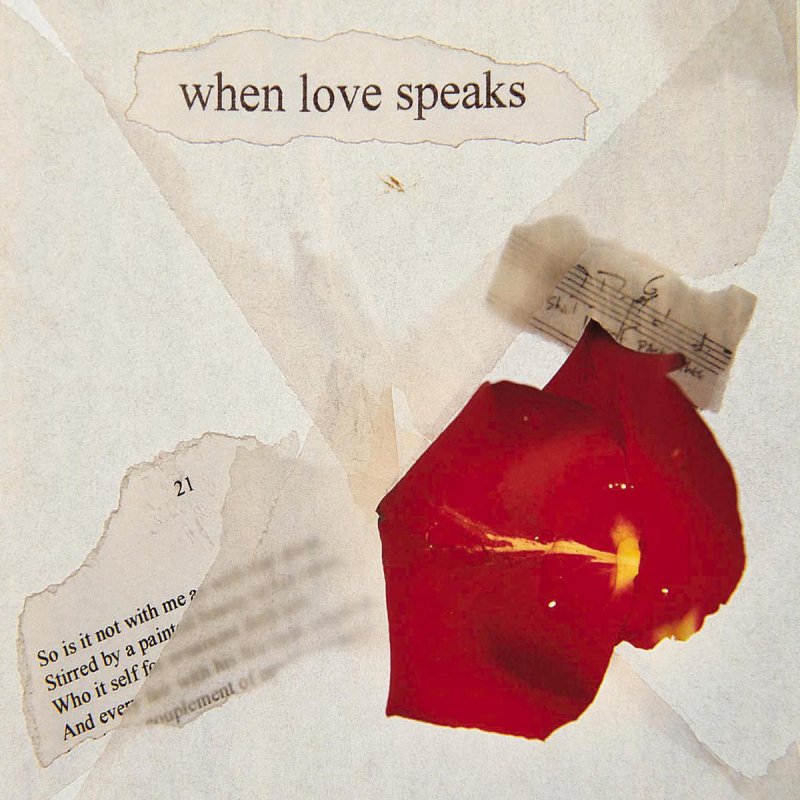 It is necessary to say: "It is my fault that I did not give him this and that." If we repent of this, then the person feels it.
It is necessary to say: "It is my fault that I did not give him this and that." If we repent of this, then the person feels it.
For example, I would have approached my mother during her lifetime and said: “Mom, forgive me, I didn’t give you so-and-so.” I don't think my mother will forgive me. In the same way, I can solve this issue even if this person is not next to me. After all, with God there are no dead, with God everyone is alive. In the sacrament of confession, liberation occurs.
– Why go to church when you can tell God everything at home? God, after all, hears everything.
– For an unbeliever, you can start at least with this, you need to admit your guilt. In psychological practice, the following methods are used: a letter to a close, dear person. That is, you need to write a letter stating that I was wrong, that I did not pay enough attention, I did not love you, I did not give you something. You can start with this.
By the way, very often for the first time people come to church precisely because of this circumstance, someone's death. For the first time, a person can come to church for a funeral. And many of them may already know that a spiritual tribute is to put some food on the canon, light a candle and pray for this person. Prayer is the link between us and the departed person.
For the first time, a person can come to church for a funeral. And many of them may already know that a spiritual tribute is to put some food on the canon, light a candle and pray for this person. Prayer is the link between us and the departed person.
One of the synonyms for the word “cemetery” is “graveyard”. "Pogost" from the word to stay, because we come here to visit. We stayed a little, and forward, to our homeland, because our homeland is there.
Everything is turned upside down in our heads. We confuse where our home is. But our home is there, next to God. And we just came here to visit. Probably, the person who does not want to leave the deceased does not realize that this person has already fulfilled some of his assignment here.
Why don't we let our loved ones go? Because very often we are attached to the physical. If we talk about my feelings, I missed my mother: I really wanted to snuggle up, touch this soft, dear person, that’s exactly what I missed next to her, I didn’t have enough physical intimacy. But we know that this person continues to live, because the human soul is immortal.
But we know that this person continues to live, because the human soul is immortal.
When my mother died, I decided for myself the question of the spiritual perception of this event, and I managed to recover quickly. I admitted that I didn't do something. I repented, and tried to really do what I had not done to my mother in my time. I took it and did it to another person. Reading the Psalter, Magpie, also helps, because communication with a loved one, even if he is not around, does not stop.
Another thing is that you can't go into dialogue. It happens sometimes, people even become mentally ill, they begin to consult with the deceased. At some difficult moment, you can ask: "Mom, please help me." But this is when it is very difficult, otherwise it is better not to disturb all the same, to pray, to pray for loved ones. When we do something for them, then we help them. So we need to do our best.
When I solved this problem for myself and managed to recover quickly, one day I come to my friend's grandmother. And my mother also visited her once a couple of times. About forty days after my mother's death, maybe a little more, I come to visit this grandmother, and she begins to calm me, console me. She probably thought that I was grieving, I was going through a lot, and I told her: “You know, this doesn’t bother me anymore. I know that my mother is good there, and the only thing I lack is that she is not physically next to me, but I know that she is always there for me. And suddenly, I see, on the table she had some kind of vase, like all grandmothers, with some flowers and something else, and I, quite mechanically, pull out a piece of paper from there. I pull it out, and there is a prayer written in my mother's handwriting. I say: “See! She is always by my side. Even now she is by my side.” My friend was very surprised. That's the kind of connection we have, you know?
And my mother also visited her once a couple of times. About forty days after my mother's death, maybe a little more, I come to visit this grandmother, and she begins to calm me, console me. She probably thought that I was grieving, I was going through a lot, and I told her: “You know, this doesn’t bother me anymore. I know that my mother is good there, and the only thing I lack is that she is not physically next to me, but I know that she is always there for me. And suddenly, I see, on the table she had some kind of vase, like all grandmothers, with some flowers and something else, and I, quite mechanically, pull out a piece of paper from there. I pull it out, and there is a prayer written in my mother's handwriting. I say: “See! She is always by my side. Even now she is by my side.” My friend was very surprised. That's the kind of connection we have, you know?
We have to let them go, because when we don't let them go, it hurts them, they suffer too. Because we are connected, just like here on earth, when we do not give a person freedom, we pull him, we begin to control, we call: “Where are you? Or maybe there? Or maybe you feel bad? Or maybe you are too good? By the same principle, our relationships with deceased loved ones are built.
- It turns out that in forty days you came to your senses from the crisis, that is, forty days is a kind of acceptable period. And what terms will be unacceptable?
– If a person grieves for a year and it drags on and on, then of course this is unacceptable. A maximum of six months, a year, you can get sick, so to speak, and more is already a symptom of the disease. So the person is depressed.
– And if he simply cannot get out of this state?
- It doesn't help, so it's time to confess one more mistake. Why is depression one of the seven deadly sins? It is impossible to be sad, to lose heart, this is cowardice, this is a spiritual disease. Faith is the strongest and most reliable medicine.
– Is there any psychological way to encourage yourself to take the first step? After all, some people just think like this: “I mourn for him for so long, and in this way I remain faithful to him.” How to overcome it?
- It is imperative to do something for the deceased. First of all, pray for him to submit notes to the temple. And then - more, strength will appear again. The way out of depression is necessarily associated with some actions, at least a little bit, little by little. You can just at least say: “How I love him, Lord! Help him, Lord! - all. “I suffer for him, I worry about him. So he went nowhere, but I know that he is not alone there, that he is with You. You need to at least say something, do something for the sake of this person, but just do not be inactive.
First of all, pray for him to submit notes to the temple. And then - more, strength will appear again. The way out of depression is necessarily associated with some actions, at least a little bit, little by little. You can just at least say: “How I love him, Lord! Help him, Lord! - all. “I suffer for him, I worry about him. So he went nowhere, but I know that he is not alone there, that he is with You. You need to at least say something, do something for the sake of this person, but just do not be inactive.
In difficult moments, tears come up, sometimes you want to literally burst into tears, the emotional tension is so great. Is it necessary in such a situation to hold back tears and try not to cry? That is unnecessary! In this way, you can remove nervous excitement and relax, but what you really should not do is enter a depressive state, accompanied by a long exhausting cry. We will find out why you can’t cry a lot and how it can affect your health.
How prolonged crying affects the appearance
Every person who has cried at least once in life is familiar with a swollen face with swollen eyes. Tears are a salty liquid and act on the skin not like water, but like a concentrated saline solution. It is not surprising, therefore, that the skin reacts to this with redness, irritation and loss of aesthetic appearance. Eyes are especially affected by weeping. They swell, the eyelids become like tightly stuffed bags. With prolonged crying, this state persists for a long time, and if you had to cry a lot, say, before going to bed, then in the morning you can find two narrow slits instead of wide-open eyes.
Tears are a salty liquid and act on the skin not like water, but like a concentrated saline solution. It is not surprising, therefore, that the skin reacts to this with redness, irritation and loss of aesthetic appearance. Eyes are especially affected by weeping. They swell, the eyelids become like tightly stuffed bags. With prolonged crying, this state persists for a long time, and if you had to cry a lot, say, before going to bed, then in the morning you can find two narrow slits instead of wide-open eyes.
Red, tearful eyes are by no means an adornment of appearance, therefore, with an ingrained habit of constantly crying, there is a risk of losing one's attractiveness. In turn, this factor entails new troubles - from discomfort and self-doubt, a depressive state arises, which again manifests itself in constant crying and tantrums. Sometimes, to break out of such a vicious circle, the help of a qualified specialist is required.
Reflection of crying on mood
Long crying also has a negative effect on a person's mood. After prolonged sobbing, a person feels exhausted, his nervous system is in an exhausted state, it is not capable of any other emotions. Often people fall into apathy, become indifferent to the events around them. Many people experience extreme sleepiness. And if crying has become a regular and quite common thing, then a person stays in this position all the time, so it is not surprising that it is quite difficult to get out of such a depression on your own.
After prolonged sobbing, a person feels exhausted, his nervous system is in an exhausted state, it is not capable of any other emotions. Often people fall into apathy, become indifferent to the events around them. Many people experience extreme sleepiness. And if crying has become a regular and quite common thing, then a person stays in this position all the time, so it is not surprising that it is quite difficult to get out of such a depression on your own.
Reflection of crying on health
Long crying negatively affects not only the nervous system, but the whole organism as a whole. Scientists have proven that a good positive attitude prolongs a person's life and maintains the work of his organs at the proper level. With depression and negative experiences, the protective resources of the body are sharply reduced, immunity weakens, and the person becomes more vulnerable to various viruses and bacteria.
There is also a risk of infection directly to the organs of vision. When we cry, we usually wipe our eyes, either with our hands or with a handkerchief, the sterility of which, of course, we do not think about. Irritated, inflamed eyes are a good channel for infection to enter the body.
When we cry, we usually wipe our eyes, either with our hands or with a handkerchief, the sterility of which, of course, we do not think about. Irritated, inflamed eyes are a good channel for infection to enter the body.
Guest article
People used to have a different attitude towards death than they do now. This was perceived as an inevitability and a transitional stage when moving the soul to another world. It was considered not scary to die, and people calmly prepared funeral clothes and accessories. At the coffin of the deceased, they cried and did it sincerely and in accordance with traditions. A person who has experienced the loss of a loved one does not think about the correctness or appropriateness of sobs, but does it from the heart.
But there is a version that it is impossible to weep over the deceased, because this can damage his soul. Some consider these statements to be superstitions and say goodbye to the dead in the way that the soul requires. Crying at the coffin of a dead person is natural, and in the grief that has overtaken, it is rare for a person to think about any superstitions.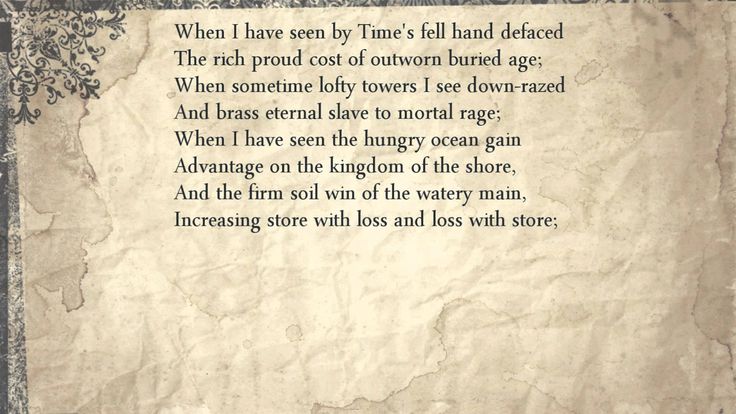 Grief covers the mind and does not allow thinking about the consequences of sobbing.
Grief covers the mind and does not allow thinking about the consequences of sobbing.
What is crying
As one of the wise men said: a person begins with crying for the dead. This means that the child becomes an adult. This is associated with the formation of consciousness, with growing up, which leads to grief from the loss of a loved one. Philosophers say that a person becomes a conscious person only when he experiences a serious loss from the loss of a loved one and cries at his coffin. A person cannot resist a series of events, because one day he will lose the people around him or they will lose him. You will have to cry, because feelings for loved ones are very strong. The Church establishes certain rules on how to properly mourn the dead.
Why you shouldn't cry
There are a lot of theories about why you shouldn't cry. One of them is based on knowledge about the subtle world, which has been collected bit by bit for centuries. Esotericists say that the subtle world is not heaven and hell in the classical view, but a device consisting of several areas similar to layers, in each of which the souls of such people gather. Each person in the subtle world has his own destiny and the soul goes to fulfill it. When loved ones cry, the soul is forced to interrupt its occupation and become attached to the earthly world. A crying person is called an egoist who does not want to let go of the soul of the deceased. Esotericists say that there is a special purpose for the soul of the deceased, only by fulfilling which it will be able to incarnate again in the earthly world.
Each person in the subtle world has his own destiny and the soul goes to fulfill it. When loved ones cry, the soul is forced to interrupt its occupation and become attached to the earthly world. A crying person is called an egoist who does not want to let go of the soul of the deceased. Esotericists say that there is a special purpose for the soul of the deceased, only by fulfilling which it will be able to incarnate again in the earthly world.
The Orthodox Church adheres to a slightly different version, which is somewhat similar to the esoteric one, but is based on different principles. It is believed that a deceased person after death appears before the Lord to perform God's judgment. God determines where to send the soul of a newly deceased person and analyzes sins. The soul at this time repents before the Almighty. Crying relatives distract the soul and do not want to let it go to God's judgment. Thus, relatives detain the thin shell of the deceased in the earthly world, where she suffers and suffers.
Supporters of these theories regarding mourning for the deceased are of the opinion that prayer is considered the best farewell to the deceased during the funeral. Quiet grief in prayer will help the departed soul find peace in the other world. But the Russian person is inherent in the emotional manifestation of grief. It needs to be wept and washed away. Earlier in the villages they even hired "mourners" who set the voice tone at the funeral. It was believed that parting should be accompanied by weeping and suffering of loved ones. The Church has allocated special days on which it is allowed to cry for the dead. They need to be known and crying on certain days helps the souls of the dead to calm down, to feel the love of friends and relatives.
Not all people believe in such hypotheses and show their own grief individually. Crying at a funeral is natural and it is believed that the one who does not cry does not mourn and is glad that the person has gone to another world.
Today there are many signs and beliefs that tell us why we shouldn't cry. Some say that one should not cry in the mirror, others argue that one should not cry for the dead. As a result, after listening to such advice, the next time we feel a lump in the throat and tears coming to our eyes, we involuntarily restrain ourselves - I won’t cry, it’s impossible, we say to ourselves. And we don’t even think about it, but on what basis did someone actually understand that it’s impossible to cry in certain cases? And are we not making the mistake of blindly trusting such recommendations when we should double-check such information? In order to understand why it is impossible to cry in some cases, we offer a different look at tears, why sometimes you want to cry, what tears are, what they carry. As always, we will do all this with the help of Yuri Burlan's system-vector psychology.
Is it really wrong to cry in some cases?
What are tears? Why are people crying? Why do you sometimes want to cry?
Why can't you cry? Who claims this and why? Where do such signs and beliefs come from?
Before understanding why and when you can and when you can not cry, it is important to understand that tears are different. The vast majority of people cry rarely, in the most stressful situations, or never at all. We will not talk about such tears, because they are simply a physical reaction of the human body to severe pain, mental or physical.
The vast majority of people cry rarely, in the most stressful situations, or never at all. We will not talk about such tears, because they are simply a physical reaction of the human body to severe pain, mental or physical.
But among us there are special individuals for whom tears are an indicator of emotions, a reflection of their inner state. Seeing different situations around them, especially some touching or, conversely, terrible, tears well up in their eyes, and it is very difficult to hold them back. It is precisely these people and their tears that will be discussed in this article.
Tears are an expression of emotions for people with a visual vector. By nature, spectators have a huge range of emotions, the change of which takes place very, very often. A person can have fun, laugh, and then suddenly feel sad or even cry. Also, with laughter or tears, the viewer can react to completely different things, for example, fear, a picture of a catastrophe, the suffering of people or animals, a poem or a drama. And all these emotions, as well as the body's reactions to them, come suddenly for the viewer himself. He himself says so about himself: my mood often changes.
And all these emotions, as well as the body's reactions to them, come suddenly for the viewer himself. He himself says so about himself: my mood often changes.
There is sometimes an opinion among visual people that it is wrong to cry, it is harmful, unpleasant and disgusting, and also very ugly. In fact, this is true, but only partly, because the viewer's tears are of two different types. The first one is the so-called tears for yourself , they are caused by fears for oneself, one's beauty, one's life. For example, you can cry in hysterics that no one loves you. Or that you are sick and will die soon. This type of visual tears is very difficult, they do not give anything but a visual buildup into an increase in suffering. You can’t forbid yourself to cry, but it’s important to think in time that such tears carry a time bomb. Tantrums, a growing sense of fear - all this accompanies a person who often cries about his problems. It is necessary to get rid of these conditions as quickly as possible in order to improve your own well-being. Easier said than done? And this can only be done by understanding the difference between hysterical tears and empathetic tears. Both types of tears are inherent in visual people.
Easier said than done? And this can only be done by understanding the difference between hysterical tears and empathetic tears. Both types of tears are inherent in visual people.
The second type of tears is the complete opposite of the first. This is a pure, light state of the visual vector. These are tears for others, tears of empathy, sympathy, separation of human states. Such tears, even if they feel like pain, always bring relief, love for life and the world the next day. Therefore, often you just want to cry - we are looking for a sentimental melodrama or a sad love story for this. To hold back such tears with various rationalizations about the fact that it is harmful is stupid. On the contrary, is a useful, normal state for the viewer - look at the world and cry: from joy, from happiness, from compassion.
Why do people say not to cry?
Any folk wisdom has its roots. Folklore is an interesting science that makes it possible to know proverbs, sayings, signs. But without a systematic understanding of their meanings, we have only a catalog of wisdom, which does not give us much sense.
But without a systematic understanding of their meanings, we have only a catalog of wisdom, which does not give us much sense.
But looking at them through the spectrum of system-vector thinking, many meanings are revealed. For example, the sign that you can’t cry in front of a mirror gives us an idea of its creator - a person with a visual vector in a state of fear. Swinging in his emotional states, he is able to see anything in the mirror (up to the devil), it is not for nothing that in horror films it is the mirror and the reflection in it that is used as one of the most terrible moments. In fact, there is nothing true in this sign, except for the fright of certain people.
The meaning of tears has always been a mystery to people. A crying person could evoke sympathy, compassion. “Don’t cry for the dead, you won’t help him or yourself, you’ll only waste your nerves” - a recommendation of not the most visual people. In fact, it is tears that can give great relief to a person who is in a state of grief.